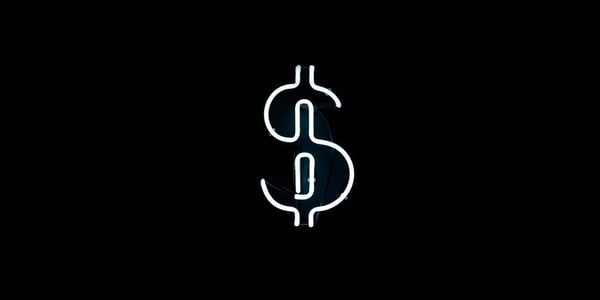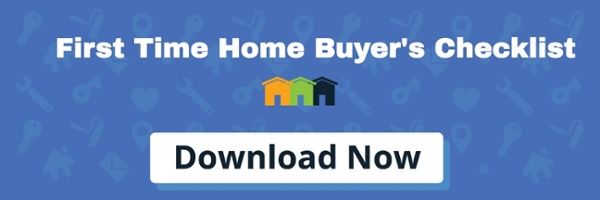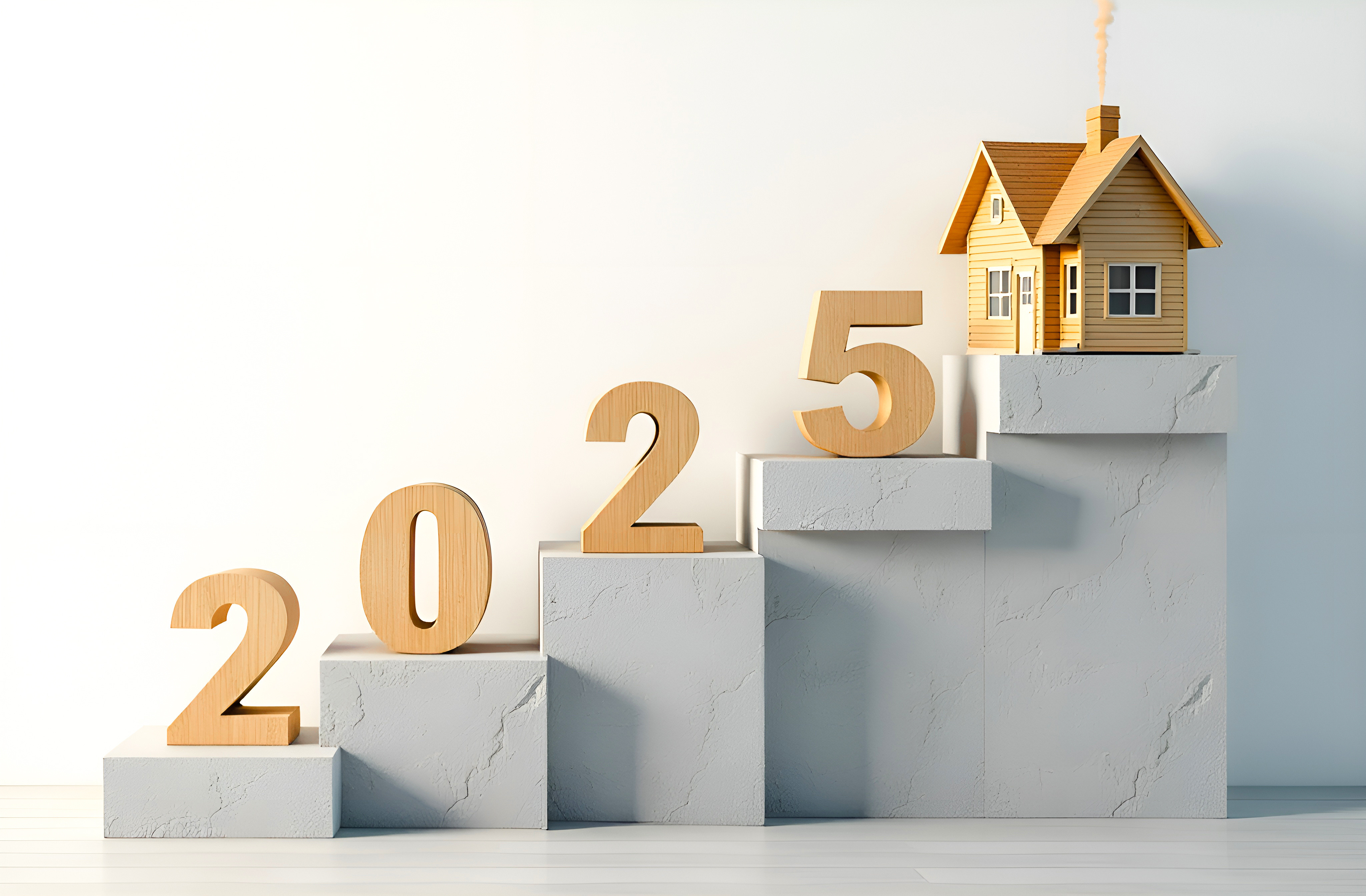It’s pretty easy to buy a house, even if you’re a first time homebuyer, or have less-than-perfect credit. Because of this, it’s important that you evaluate your readiness. Just because it’s available to you, doesn’t mean it’s the right call.
But a lot of the time it is! And if you hit the mark in the following financial areas, it’s a pretty safe bet that you’ll be ready to own a home. Here are the most important financial questions you should ask yourself before you buy a house:
What is your debt-to-income ratio?
Debt-to-income ratio (DTI) is one of the factors banks look at to determine if you’re someone they want to loan money to. It’s a measurement of your monthly debt obligations stacked up against your average monthly income.
Different loan programs have different debt to income ratio maximums they will accept. Equally as important is the debt to income ratio you are comfortable with.
Taking a good look at your own personal finances first and being realistic about how much of an increase you could handle is probably one of the most important and overlooked aspects when preparing to buy.
How do you manage the debt you do have?
Debt has four letters, but it isn’t a bad word. And truthfully, if you haven’t ever had any debt, you won’t have a credit history, which might be worse in the eyes of lenders than having a slightly sullied credit history.
Lenders look at your credit history in the underwriting process, and evaluate the likelihood you’ll make good on any loans they extend your way based on your historical performance paying other people back.
Even if you’ve made mistakes in the past, a more recent history of regular payments and responsible behavior goes a long way. No history at all leaves them with little information to use in predicting future behavior, and often creates doubt in your ability to handle debt.
Do you have a down payment?
Most loan programs require some down payment. While a few government loan programs, such as the USDA and VA loans, offer zero down payment options, most will require at least 3 ½ % down. If you’re sitting down to apply for a loan, one of the questions you’ll be asked to consider is how much you’ll be able to put down.

Not having a down payment saved up isn’t the end of the world, and some buyers can even take advantage of government sponsored programs that provide down payment assistance.
The important thing is to get with a mortgage professional you trust, and get an idea of how much home you may want to buy, and how much down payment you’ll need to have available to make that purchase happen.
Is a Down Payment your only expense when buying??
Unfortunately, the down payment on a house you buy will not be the last of the expenses.
You’ll have inspections, closing costs, moving expenses, and the inevitable emergency that will crop up. Realtors and lenders like to gloss over these additional expenses but in truth being prepared for the little bit of extra expenses will ensure a much smoother purchase.
One of the mistakes many first time home buyers make is to calculate their cost of owning a home with only what they need to fork over for a down payment. The reality is that there are various other expenses along the way that will stress you out to no end if you aren’t prepared.
Plan to save more than what you think you’ll need for the down payment and enjoy the comfort of knowing you’ve got the extra padding when you might need it. As a very general rule you can count on 1.5% of your sales price being needed for closing costs and prepaids.
It is true that you can get into a house with nothing more than your down payment but you will significantly improve your options if you have a little bit more than just the down payment.
Are you willing to spend your extra cash to keep up your investment?
Stuff breaks.
And it’s a lot more likely to break if it isn’t kept up. The condition of any home you invest in, and subsequent value of that home, will depend largely on how willing you are to keep up with maintenance and upkeep.
Having the money set aside in your budget for emergency house fixes and occasional home improvements is step one. Being willing to spend the money on those things is the all-important next step.
Being emotionally mature enough to say, “Hey, I think I’d better not spend my last few extra dollars on this fancy new TV. I haven’t had my heater serviced this year, and winter is coming…”
That’s when you know you’re up to the challenge.
All Game of Thrones references aside, saying yes to the joys of home ownership often means saying no to some of life’s extra funsies.
The good news is, if you hook up with a good mortgage professional who knows what your goals and challenges are, they’ll be able to coach you on this point, and make sure you don’t get into a loan you won’t be able to afford with your current lifestyle.







.png)


